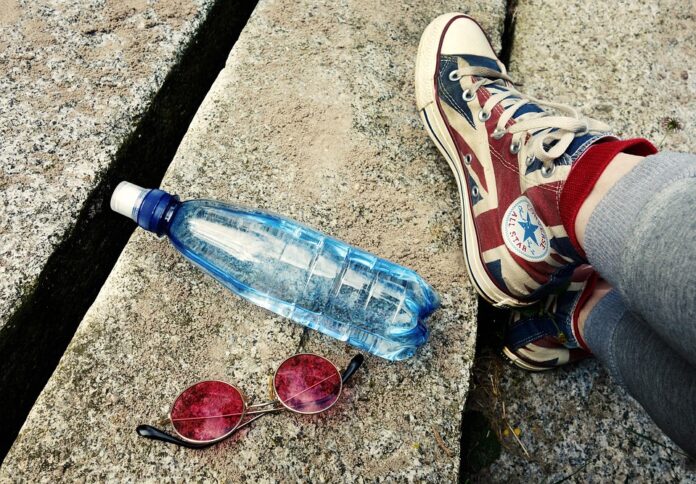Sanitation and CIP Systems for Water Filling and Contact Surfaces
Sanitation plays a crucial role in the food and beverage industry, especially when it comes to water filling and contact surfaces. Clean-in-place (CIP) systems are essential for maintaining hygiene and preventing contamination in these processes. In this report, we will explore the importance of sanitation and CIP systems in water filling operations, as well as how companies in the industry are ensuring compliance and efficiency.
Importance of Sanitation in Water Filling
Water is a critical component in many food and beverage products, making it essential for companies to maintain high standards of sanitation in their water filling processes. Contaminated water can lead to serious health risks for consumers, as well as damage to a company’s reputation. Proper sanitation practices not only ensure product safety but also help companies comply with regulatory requirements and industry standards.
Role of CIP Systems
Clean-in-place (CIP) systems are automated systems used to clean equipment and piping without disassembling them. These systems are widely used in the food and beverage industry to clean water filling equipment and contact surfaces effectively. CIP systems use a combination of chemicals, heat, and mechanical action to remove dirt, bacteria, and other contaminants from surfaces, ensuring that equipment is thoroughly sanitized between production runs.
Industry Insights
The global market for CIP systems is expected to grow significantly in the coming years, driven by increasing awareness of food safety and hygiene standards. Major players in the industry, such as Ecolab, Diversey, and Sani-Matic, offer a wide range of CIP solutions tailored to the specific needs of food and beverage manufacturers. These companies provide not only equipment but also expertise and support to help their customers implement effective sanitation practices.
Financial Data
According to a report by Market Research Future, the global CIP systems market is projected to reach $25.25 billion by 2023, growing at a CAGR of 4.5% during the forecast period. This growth is driven by the increasing demand for safe and high-quality food products, as well as the stringent regulations imposed by governments and industry bodies. Companies are investing in advanced CIP systems to ensure compliance with these standards and maintain consumer trust.
Case Study: Coca-Cola’s Sanitation Practices
Coca-Cola is a leading beverage company known for its stringent sanitation practices. The company uses state-of-the-art CIP systems to clean its water filling equipment and maintain hygiene in its production facilities. Coca-Cola’s commitment to sanitation has not only helped it meet regulatory requirements but also enhance its brand reputation as a trusted provider of safe and high-quality beverages.
Conclusion
In conclusion, sanitation and CIP systems are essential for ensuring the safety and quality of water filling operations in the food and beverage industry. Companies that invest in advanced CIP solutions can not only comply with regulatory standards but also gain a competitive edge by offering products that meet the highest hygiene standards. As the global market for CIP systems continues to grow, companies must prioritize sanitation practices to protect their consumers and their brand reputation.




